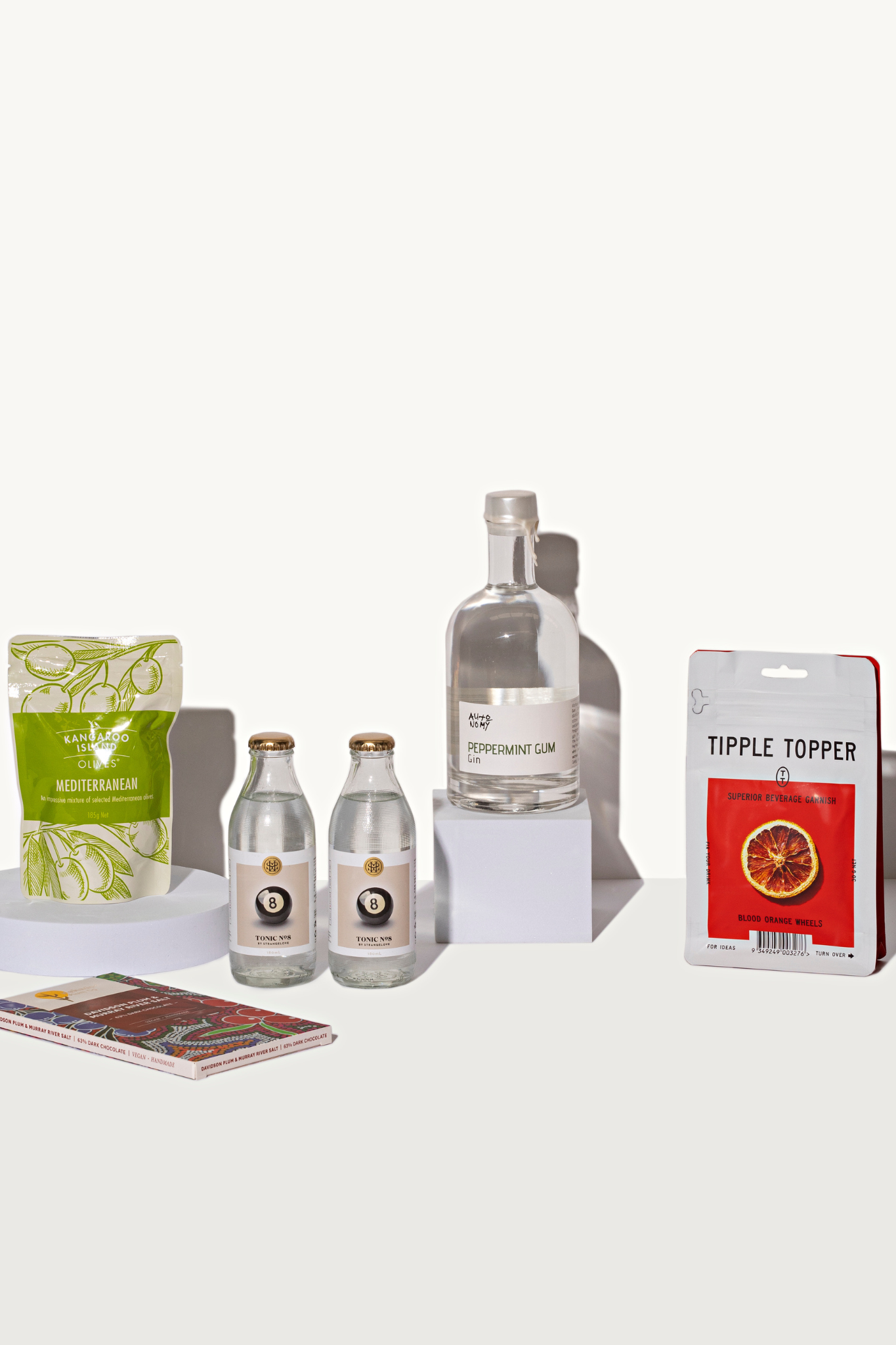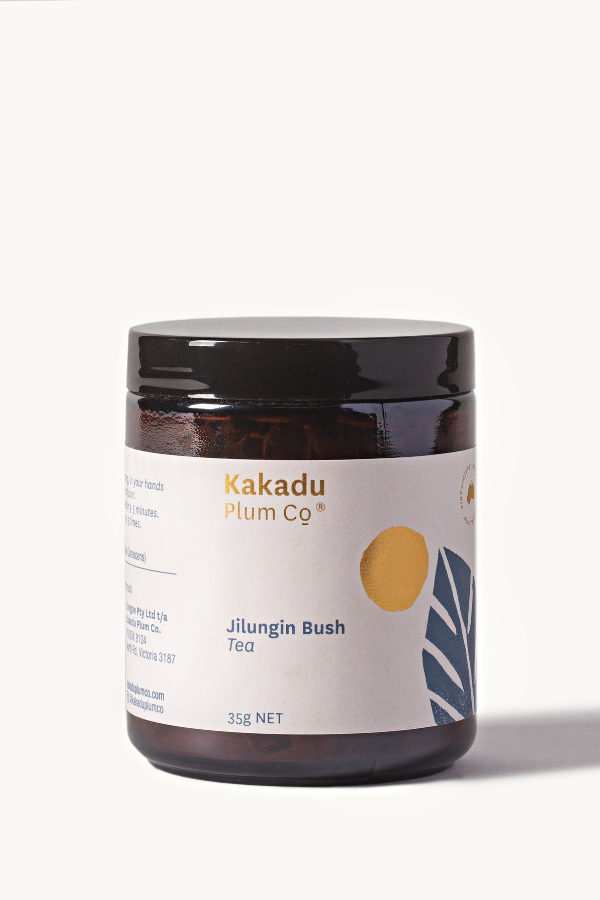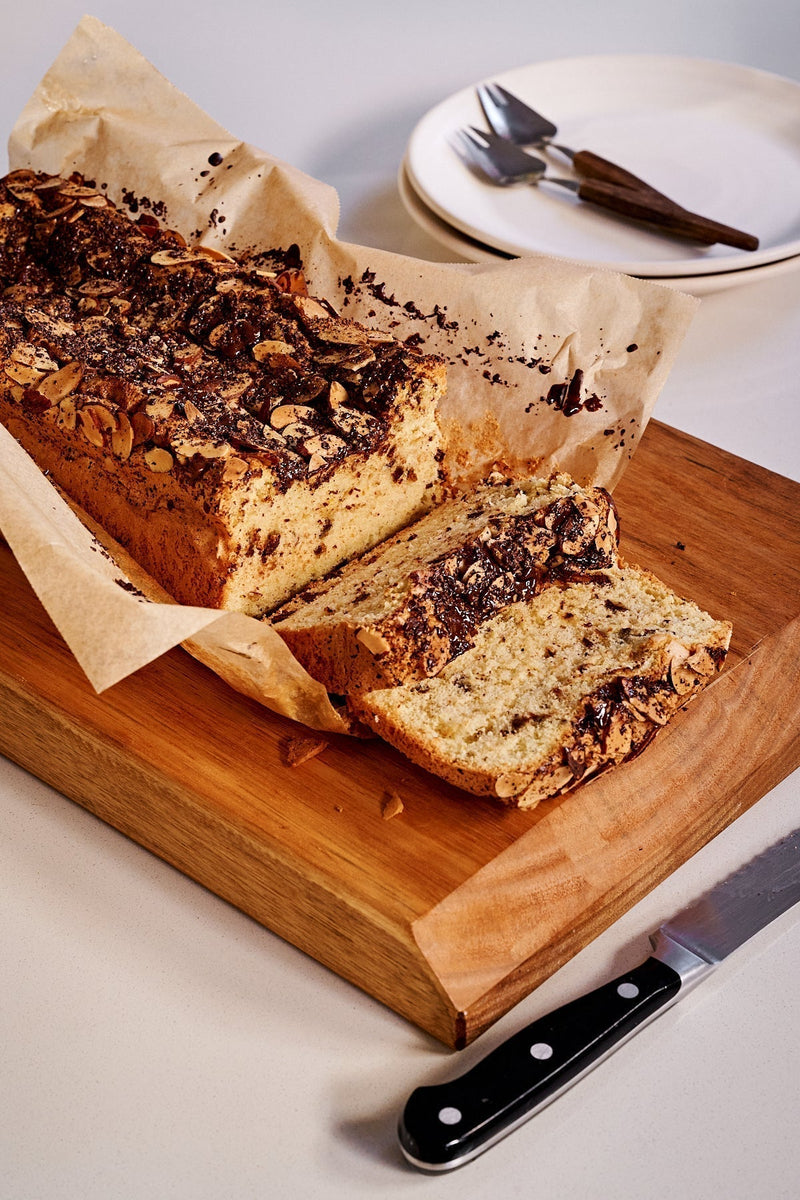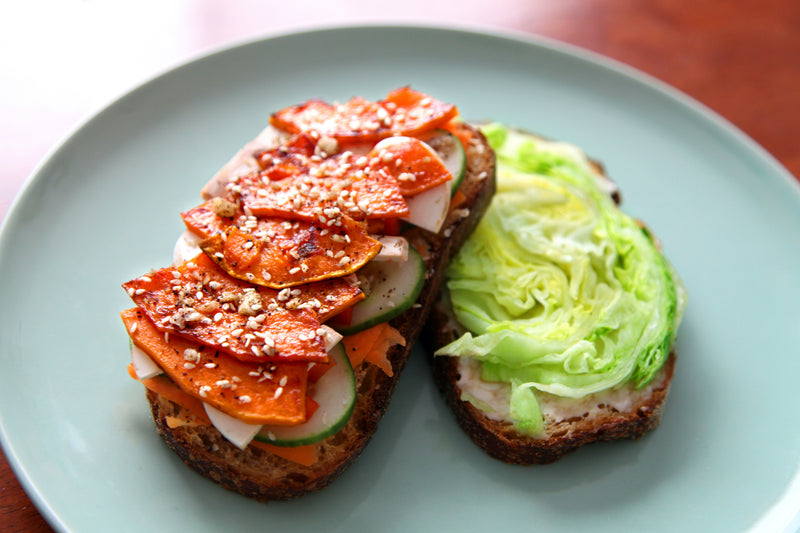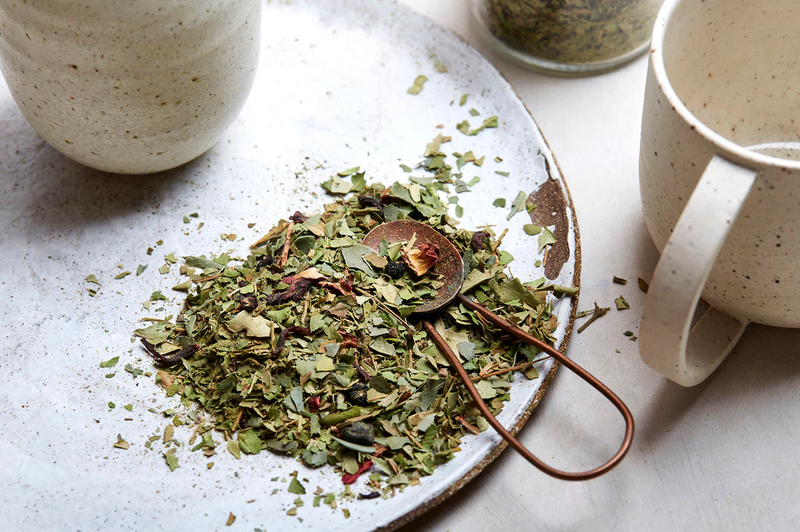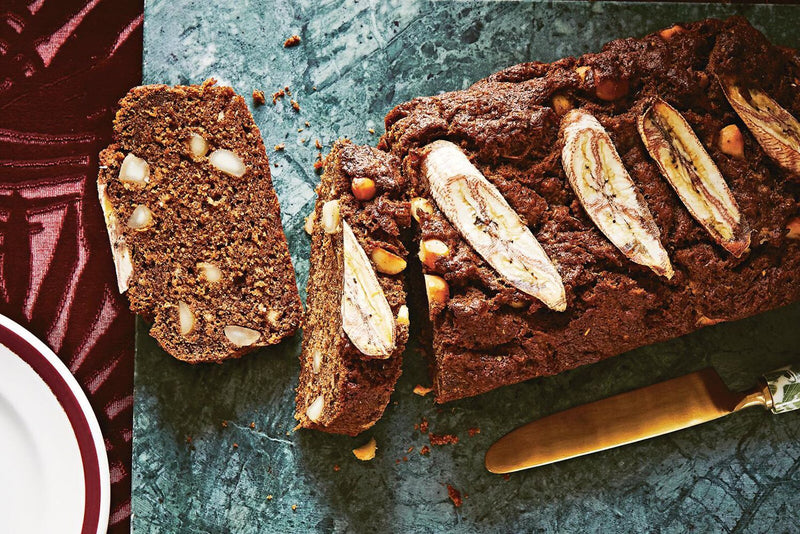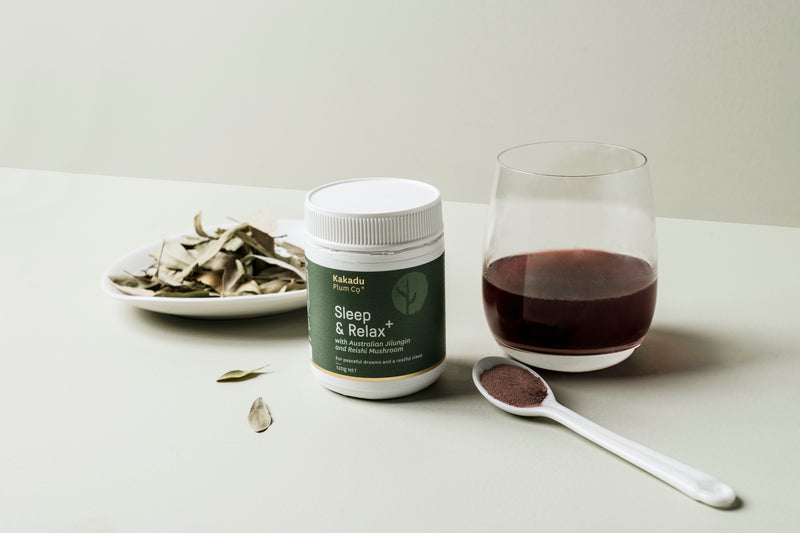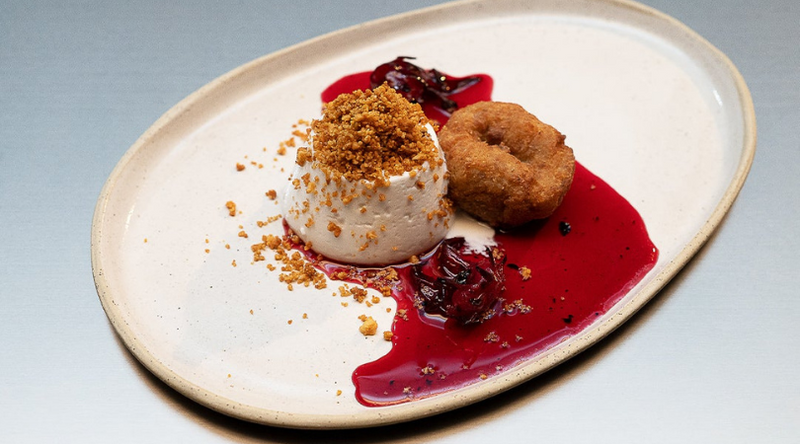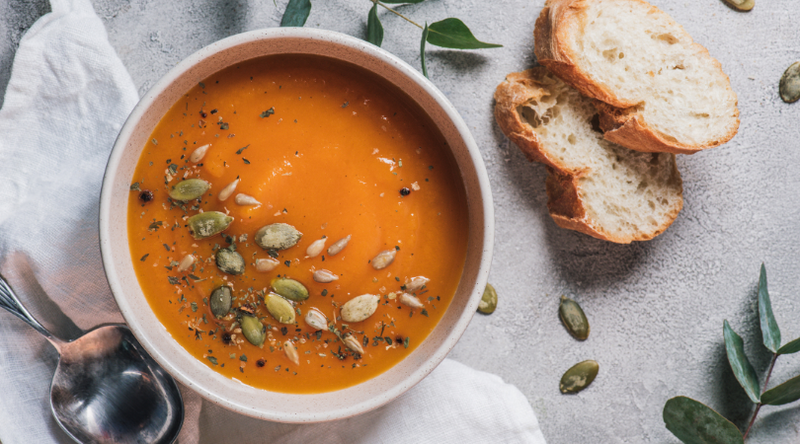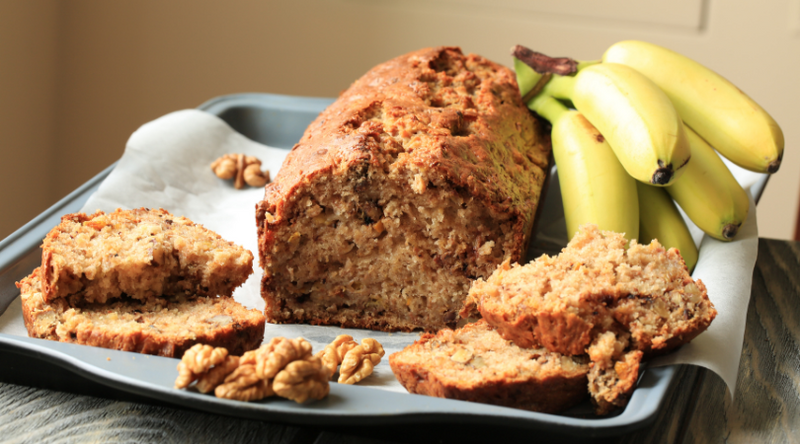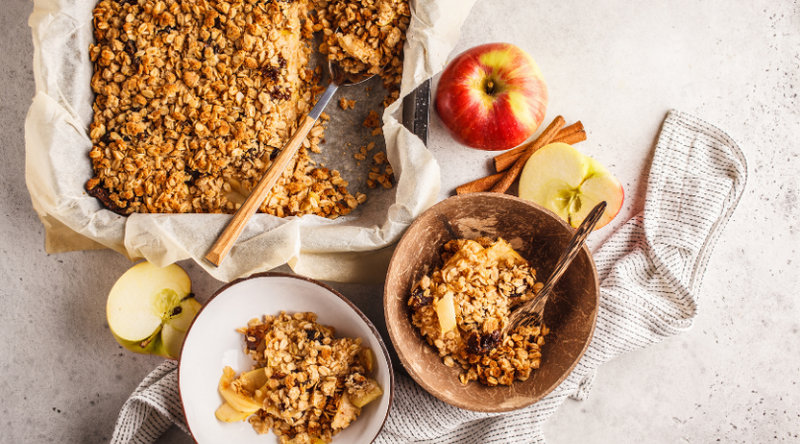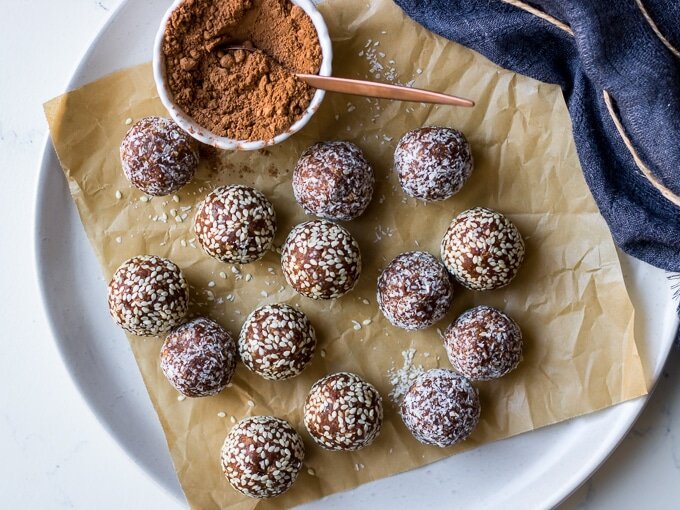Scientists know that the trillions of bacteria and other microbes that live in our guts play an important role in health, influencing our risk of developing obesity, heart disease, Type 2 diabetes and a wide range of other conditions.
One critical factor is whether people eat foods that are highly processed or not. People who tend to eat minimally processed foods like vegetables, nuts, eggs and seafood are more likely to harbour beneficial gut bacteria. Consuming large amounts of juices, sweetened beverages, white bread, refined grains, and processed meats, on the other hand, is often associated with microbes linked to poor metabolic health.
How to improve your gut health
Drinking too much may negatively affect your microbiome, too and also cause inflammation. Such inflammation can lead to heartburn, chronic discomfort, ulcers and bacterial infections.
3. Reduce Stress Levels
Stress isn’t just mental: Think about those butterflies you feel when you’re excited or anxious. Experts in gut health often cite the “gut-brain connection” and refer to the gut as “the second brain.” While we don’t know everything about their relationship, we do know that mental health and the gut are intimately connected.
4. Get restful and decent sleep
Recent research has shown that losing sleep may have a negative effect on the health and diversity of the microbes residing in our guts. So, given that microbial diversity is one of the key indicators for good health—a lack of sleep could be costly. Other studies suggest that our gut microbes may actually influence how well we sleep, too.
Enjoy Sleep & Relax+ and Jilungin to assist you with a restful sleep >
Sources:
https://www.forbes.com/health/body/how-to-improve-gut-health/
